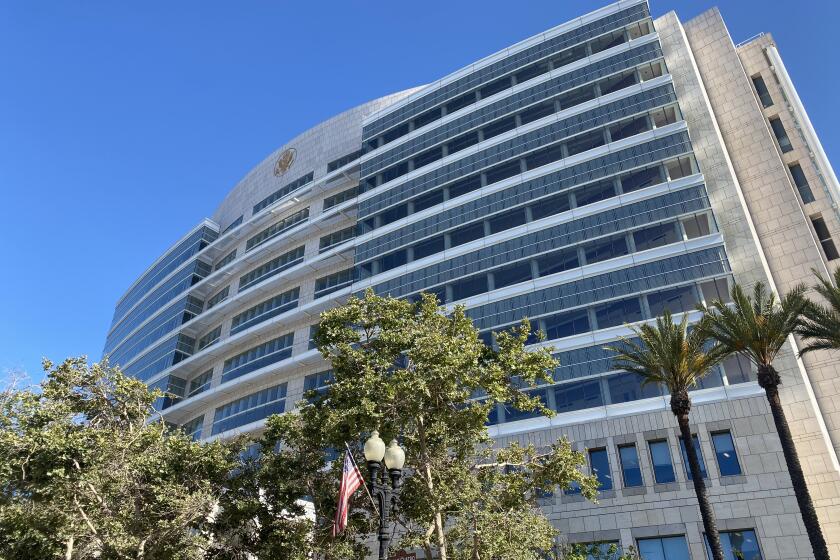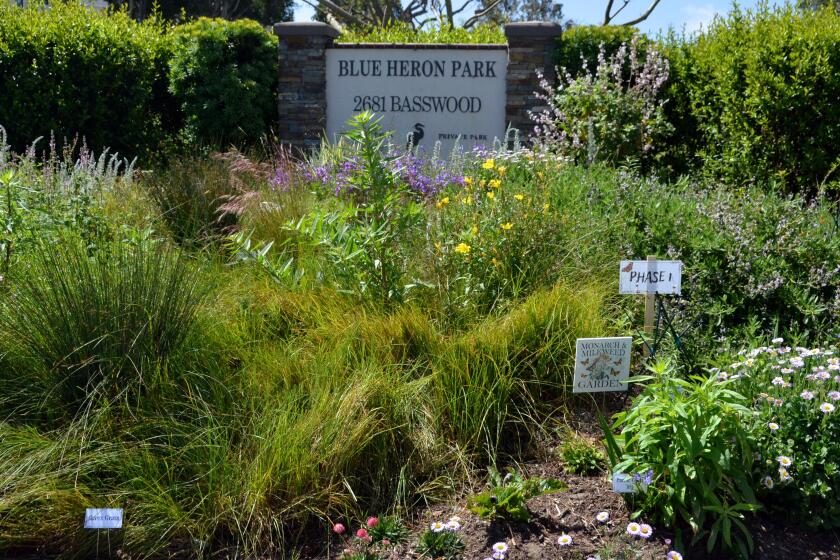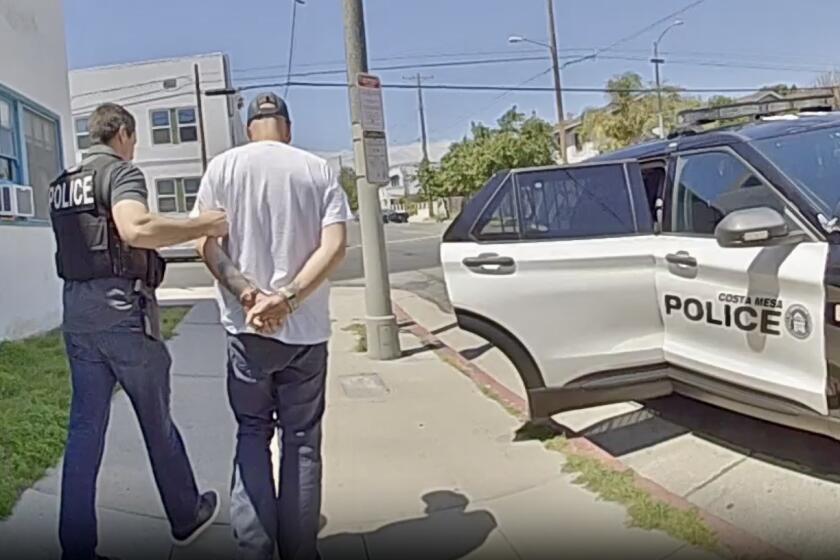Costa Mesa planners to take up proposed rules for ‘granny flats,’ plus more sober-living applications
Proposed rules addressing development of accessory housing units, also called “granny flats,” will again go before the Costa Mesa Planning Commission for review Monday.
While some of the revisions are holdovers from the first set the commission reviewed in September, others have been tweaked as a result of concerns raised at that time.
For instance, some commissioners balked at an initial staff recommendation to allow development of granny flats — secondary living spaces that accompany primary residences — on lots as small as 6,000 square feet in single-family areas.
That threshold would be significantly lower than the current requirement of 8,500 square feet and would apply to the vast majority of single-family lots in Costa Mesa.
City staff now recommends permitting accessory units on lots of at least 7,500 square feet in single-family areas.
Such units can be detached structures, attached to an existing home or fashioned out of a repurposed space such as a master bedroom or garage.
As it stands now, Costa Mesa doesn’t allow granny flats in multifamily residential areas. Under the retooled regulations, however, they would be permitted on lots of 6,000 to 7,260 square feet, as long as a parcel is already developed with a single home.
The proposed lot-size criteria would allow development of up to 3,895 accessory units in the city, according to a staff report.
Under the proposed standards, granny flats that are attached to a primary residence would be limited to no more than 50% of the existing living area — up to a maximum of 800 square feet. Those that are detached also would be capped at 800 square feet.
Currently, Costa Mesa allows accessory units to be up to 1,200 square feet but restricts those that are attached to no more than 30% of the existing living area.
Commissioners will review and provide feedback on the proposed revisions during their meeting Monday, which starts at 6 p.m. at City Hall, 77 Fair Drive.
The changes eventually would require City Council approval.
Sober-living permits also on agenda
Also on Monday, commissioners will review permit applications for three sober-living homes.
SoCal Recovery is seeking permits for homes serving up to six men each at 783 Hudson Ave. and 208 Cecil Place and for a facility with as many as 32 residents in six units at 175 E. 21st St.
Sober-living homes typically house recovering alcoholics and drug addicts, who are considered disabled under state and federal laws.
SoCal Recovery was founded in 2012 by a group of recovering alcoholics with more than 20 years of combined sobriety, according to documents submitted to the city.
“From its inception, its fundamental and primary purpose has been to help other alcoholics to achieve sobriety,” the documents state. “It is not in the ‘business’ of sober-living homes but rather in the business of recovery — helping individuals recover their lives from the devastating effects of alcohol and drug abuse.”
City staff is recommending the commission deny all three applications, saying each conflicts with the city’s requirement that group homes and licensed alcohol and drug treatment facilities be at least 650 feet from one another in residential neighborhoods.
Twitter @LukeMMoney
All the latest on Orange County from Orange County.
Get our free TimesOC newsletter.
You may occasionally receive promotional content from the Daily Pilot.




